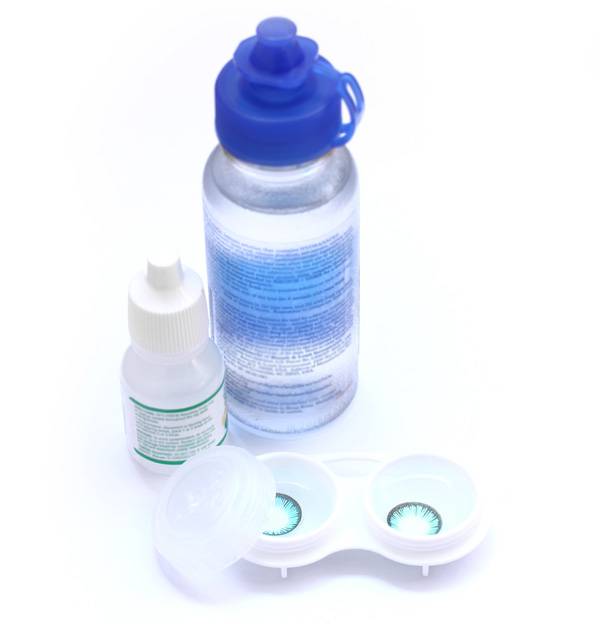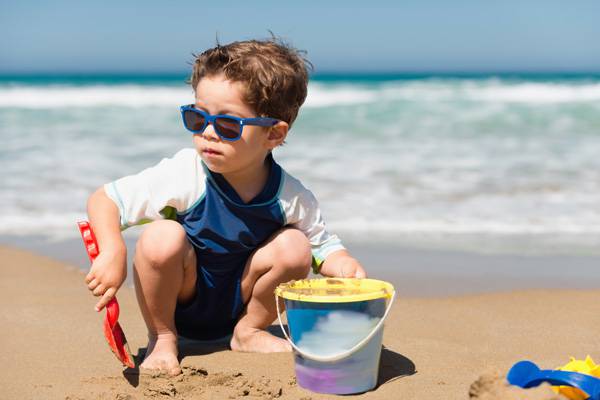Watch out: 10 tips to care for your eyesight
When it comes to eye care, beauty often comes before health. You want pretty glasses although they may not be ideal, or you use and abuse contact lenses. Your eyesight is a capacity as important as sensitive, influenced by your activity and environmental factors.
health and beauty
Share

To keep your eyes in good condition, you need to take some precautions in your day to day life. These are simple gestures in the car, at home or at work which you can progressively add to your routine.
1. YEARLY VISIT TO THE OPHTHALMOLOGIST
As well as treating myopia, hyperopia orastigmatism, other pathologies such as glaucoma can be prevented. If eye conditions are detected in time, you can avoid efforts which could result in later problems to focus, eye fatigue or headaches.
2. NUTRITION
Choosing the right food can help you to protect your eyesight. Vegetables, fruit, fish and nuts are recommended. They contain vitamins A, C and E, zinc and selenium, as well as Omega 3. They are essential for the retina and to prevent eye ageing.
3. CHOOSING GLASSES OR CONTACT LENSES
Each eyesight problem requires a different correction. Some peoples’ eyes are sensitive to contact lenses and require a lot of hydration to not get irritated, while other peoples’ eyes water, and they tolerate lenses all day. It is important to follow your specialist’s instructions and to consult them if you notice any problems.
4. USING CONTACT LENSES
Contact lenses, depending on their characteristics (hard, soft, daily, monthly) have a maximum use period. You should take note of it and not prolong the fixed time limit, even if you feel that you can still wear them ‘a little’ longer.

5. CARE AND CLEANING
The deterioration of lenses through incorrect handling causes unnecessary eye efforts. It is recommended to keep glasses clean with water and always with specific products that do not damage the glass: wipes or cloths. In the case of lenses, you cannot neglect the daily cleaning routine: changing the liquid every day and storage in a bacteria-free container.
6. LIGHTING
Natural light is always preferable to artificiallight. When you use artificial light to read, it is recommended to place the light source behind you, aimed at the book, without you being in the shadow. When reading on a screen (e-reader or tablet), working on a computer, or watching television, you must avoid reflections.
These devices have their own lighting system. Inthese cases it is important to adjust the brightness.
7. EYE RELAXATION
It is recommended to stop focusing on the object, screen or book, every 15-20 minutes for 10-15 seconds. This encourages blinking and better eye hydration. Although the eyes move during some sleep phases, getting enough sleep is perfect for helping eye muscles to relax.
8. ADJUST THE HEIGHT
It is advisable to adjust the height of your computer screen if you spend long hours in front of it, and also the driver’s seat in your car. An incorrect height forces eye position.
9. SUN PROTECTION
Sunglasses don’t protect just by having darklenses. You have to check the label and make sure they have passed the European controls (EC) and have the suitable level of UV protection filters. These filters go from 1 to 4. From 1 to 3 is indicated for daily outdoor activities, while 4 is reserved to high mountain and water sports.

10. TIRED VISION OR PRESBYOPIA
This is a very common problem which appears withage (between 45 and 60) and isindicated by the difficulty to clearly focus on close objects. People suffering from it tend to hold texts away from themselves to accommodate their eyesight. This problem can be improved with convex glasses.

Cleansing Wipes
How many are there and what are they for?
Cleansing Wipes






